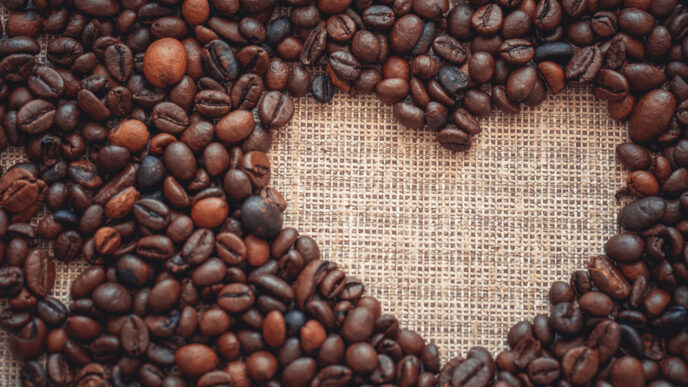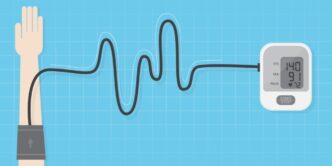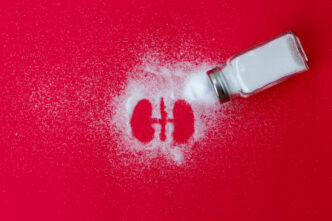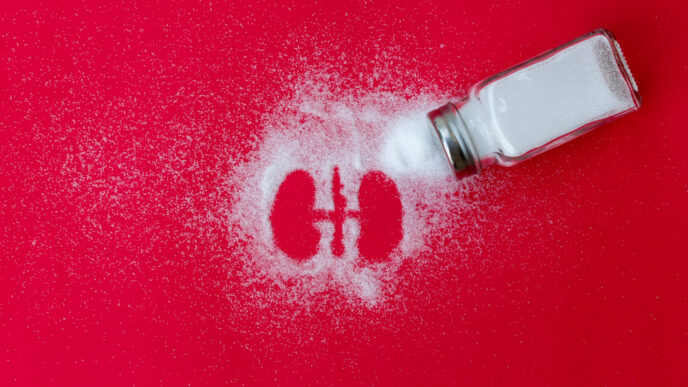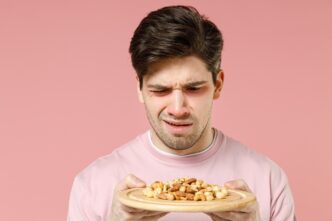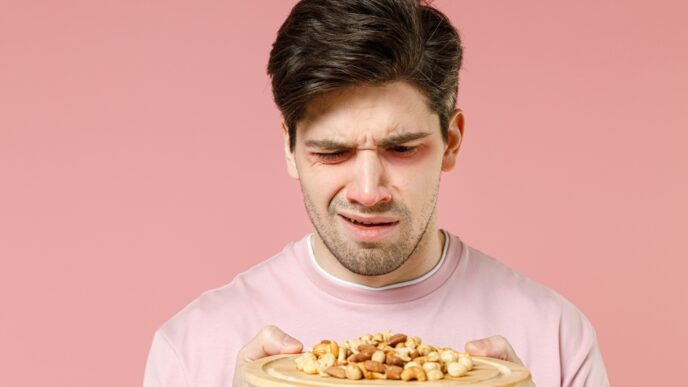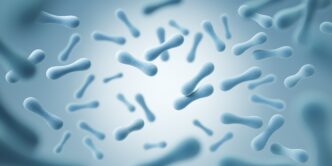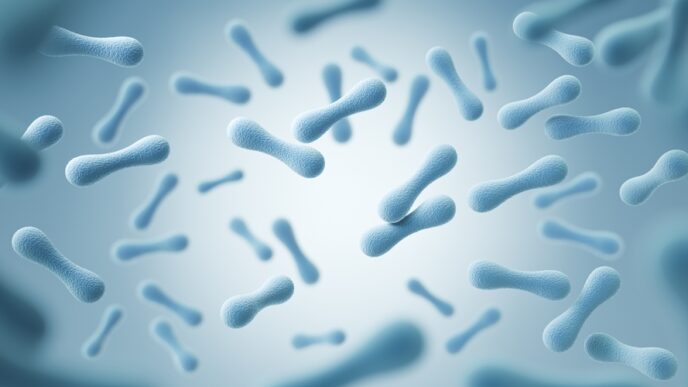A quick coffee might perk you up, but is it really the fix you think it is? In this article, a pharmacist breaks down how caffeine keeps you awake — and why it’s a flawed solution that could be messing with your sleep cycle more than you realize.
WORDS LIM KELVIN
 FEATURED EXPERT FEATURED EXPERTLIM KELVIN Masters in Diabetes Care Pharmacist & Principal Trainer CARiNG Pharmacy |
To better understand how coffee can help us stay alert and awake, we’ll first need to look at the mechanisms in our body that make us feel alert or sleepy.
WHAT AFFECTS OUR SLEEP?
Sleep Pressure
- This is a measure of how tired we are due to a lack of energy.
- Regulated mainly by levels of a substance called adenosine.
Natural Clock
- Also called circadian rhythm, this is the internal system in our body that primes us to stay alert or sleep at certain hours of the day.
- Regulated mainly by the hormone melatonin.
Alertness
- Certain substances or situations may put us in a state of alertness.
- Catcholamines are the hormones mainly responsible for our state of alertness.
In this article, we will pay attention to sleep focus, because that’s where coffee plays a role—it can affect how adenosine works in order to help us stay alert a little longer.
ADENOSINE AND OUR ENERGY CYCLE
- Those that still have vivid memories of their biology classes in Form 6 or college may recall that our body breaks down carbohydrates and other energy sources into small compounds called adenosine triphosphate or ATP.
- The cells in our body then break down ATP in stages to obtain energy, separating the molecule into its basic components: adenosine and phosphates.
SO, HOW DOES COFFEE HELP US STAY AWAKE A LITTLE LONGER?
- Well, the caffeine in coffee has a molecular structure that is similar enough to that of adenosine.
- Because of this, caffeine molecules can bind to the same receptors as adenosine without triggering the ‘sleepy’ effect.
- When caffeine is present, fewer adenosine molecules are able to bind to their receptors.
- As a result, our body experiences less sleep pressure and we can stay alert and wakeful for longer.
DOES THIS MEAN THAT COFFEE IS THE PERFECT ANTI-SLEEPINESS SOLUTION?
Sadly, no.
Our body develops tolerance to the effects of caffeine very quickly!
When caffeine is blocking adenosine from binding to their receptors, our body will detect high levels of adenosine present in the blood. In response, the cells of the body will just produce more adenosine receptors.
As a result, we will need to drink more coffee over time to get the same ‘kick’. It is easy to go overboard on coffee because of this, and too much of anything is not good for health.
|
HIGH COFFEE INTAKE CAN AFFECT OUR SLEEP AND MOOD
- Higher intake can result in feelings of anxiety and restlessness, which can lead to movements that serve no purpose (tapping fingers and/or toes, pacing, etc) or psychomotor agitation.
- Too much coffee consumption may also give rise to insomnia, a sleep disorder that causes one to have difficulties falling asleep and/or staying asleep for long.
- Toxic effects may occur when we consume 1.2 g or more caffeine every day.
TO MINIMIZE THE DOWNSIDES OF COFFEE CONSUMPTION
- We should limit the amount of coffee and avoid drinking coffee during the second half of the day.
| This article is part of our series on nutrition and how certain foods can have an impact on our health and quality of life. |




